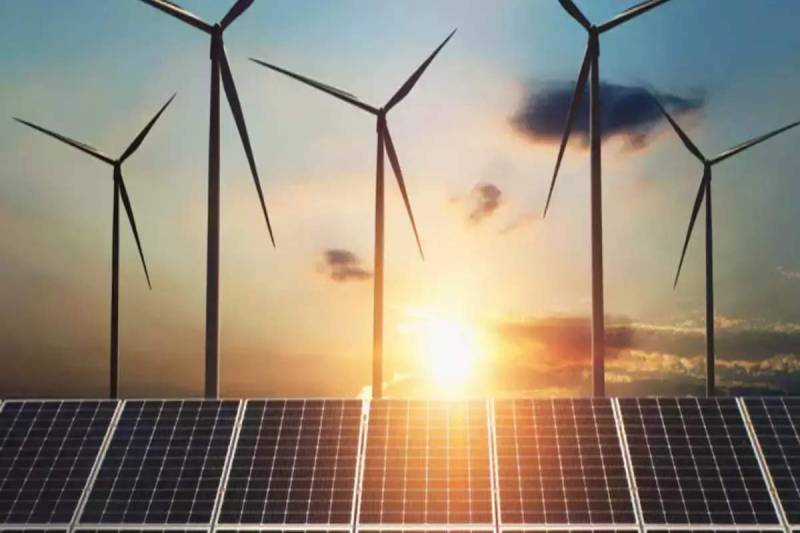
MGA Thermal, A Renewable Energy Firm, Raises An Additional $5.7 Million
- Business
- April 16, 2024
Existing investors Main Sequence and Melt Ventures supported this round, and JEKARA, a specialized clean tech investor, joined the cap table.
September of last year saw the addition of $8 million to the new capital. Up until now, MGA Thermal has raised $28.8 million in grants and funding.
Understorey Ventures, Pollination Group, Varley Holdings, and the Climate Venture Capital Fund of New Zealand are among the other investors.
The startup based in the Hunter Valley has created Miscibility Gaps Alloy (MGA) Blocks, which are able to retain and absorb thermal energy produced by renewable energy sources. They make it possible to store solar and wind energy for a long time and to provide clean steam continuously for hard-to-abate industries and retrofitting power stations.
The idea is comparable to coal-fired electricity, which generates steam and turns generator turbines using that heat. About a quarter (23%) of Australia’s total energy demand is met by steam-driven power.
The business started building a demonstration unit last year that is the size of a shipping container and can house 3,700 of its TES blocks. More than 135 households could be powered for a whole day by the energy it could store.
However, MGA Thermal CEO Mark Croudace stated that they suspended operations to address areas that needed improvement during the development.
“This was a valuable learning opportunity that will ultimately strengthen our TES system development. We’ve gained insights that will help accelerate our progress as we prepare to resume commissioning of our demonstration unit,” he said.
“MGA Thermal remains at the forefront of clean energy innovation and large-scale energy storage. Our mission and intention of revolutionising the renewable energy landscape has never been stronger, and with the continued support of our investors and partners, we remain on track to reach our next business milestone of commercial-scale operations and energy output.”
The additional funds will be used for the subsequent testing phase, which aims to restore and validate the functionality of MGA Thermal’s TES system and generate enough clean, high-temperature, high-pressure steam to meet growing industrial demand.
The closed-loop system, according to Croudace, will demonstrate the potential of renewable thermal energy. It will work by first charging renewable electricity into MGA Thermal’s storage blocks and then releasing clean steam generation.
“We have continued working with numerous industrial partners and clients over the last six months which cannot solely rely on solar, wind and renewable energy sources to meet their decarbonisation goals,” he said.
“We’re excited to realise the next phase of our partnerships through the implementation of an on-site MGA Thermal TES system to supply ongoing clean-steam and energy storage capabilities.”
By 2030, MGA Thermal hopes to reduce CO2 emissions by 30 million tons, which is the same as more than 23 years of nonstop commercial flights between Sydney and Los Angeles.